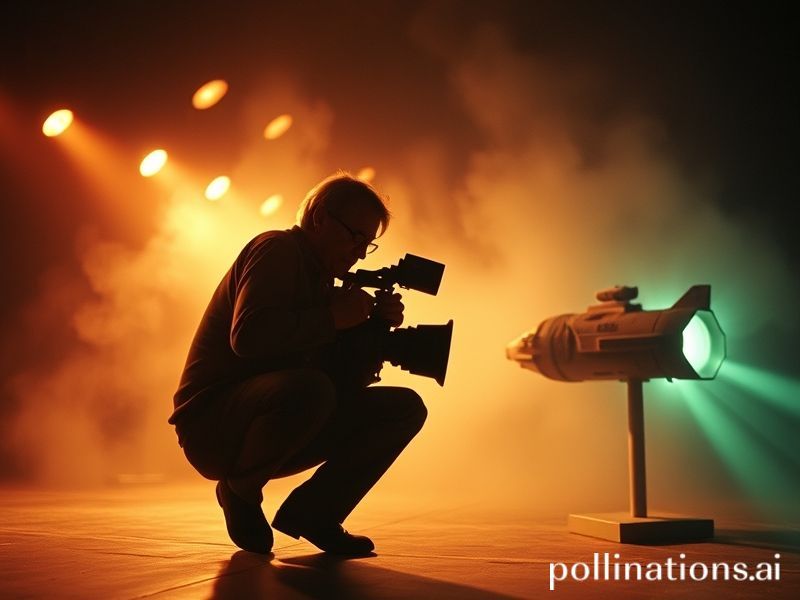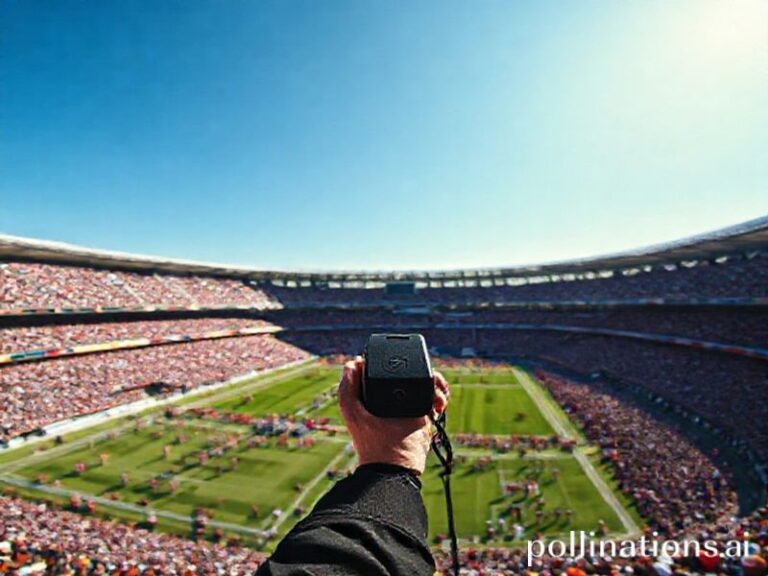Steven Spielberg: The Planet’s Favorite Therapist in a Director’s Chair
Steven Spielberg, the man who taught the planet that extraterrestrials can be cuddly and that sharks have personal vendettas, turns seventy-eight this year. From the vantage point of a world that now binge-watches apocalypses on handheld rectangles, his career looks less like a mere filmography and more like a 50-year-long geopolitical weather report. Every time he pointed a Panavision lens at something—Nazi Germany, dinosaurs, precogs—global anxieties obligingly lined up in the frame, ready for their close-up.
Consider 1975: while OPEC ministers were deciding whether Europe deserved winter heating oil, Spielberg released Jaws and single-handedly converted the Mediterranean coastline into a collective therapy couch. Suddenly, every bureaucrat in Athens who couldn’t keep the lights on could at least blame a rubber fish for the collapse of tourism. Fast-forward to 1993: the Maastricht Treaty was busy birthing the euro, and Jurassic Park premiered in Berlin just weeks after the Wall’s debris had finished being sold off as souvenir paperweights. The message was unmistakable: if German reunification could resurrect dinosaurs, imagine what Brussels could do with exchange rates.
Internationally, Spielberg functions as the West’s unofficial minister of soft power, a role previously reserved for Coca-Cola and James Bond. When Washington couldn’t get Beijing to discuss human rights without coughing, the Chinese gladly opened the Forbidden City for Transformers sequels—yet when Spielberg politely withdrew as artistic adviser to the 2008 Olympics over Darfur, the Politburo actually noticed. Soft power, meet soft underbelly.
His Holocaust project, Schindler’s List, has become the planet’s communal homework assignment. In Lagos traffic jams, pirated DVDs of the film compete with Nollywood potboilers; in Buenos Aires classrooms, it’s screened right after the Perón musical. The global lesson is oddly reassuring: even if your own national curriculum skips the awkward bits, Spielberg’s will FedEx them to you with a John Williams soundtrack. Dark humor? Absolutely. But so is history, if you squint.
There is, of course, the inevitable backlash. French critics still mutter that his sentimentality is a sugar-coated invasion—imperialism with an E.T.-shaped Trojan horse. Meanwhile, South Korean censors once trimmed 7 minutes from Close Encounters for being “too dreamlike,” presumably preferring nightmares to be home-grown. Spielberg’s response has been quintessential American: apologize politely, cash the international gross, and green-light Ready Player One so the next generation can escape into nostalgia for nostalgia itself.
Yet the world keeps asking him to referee its nightmares. After 9/11, the White House reportedly screened Minority Report for ideas on pre-crime surveillance; the NSA left disappointed when the moral turned out to be “don’t.” When Europe’s refugee crisis peaked, Munich—his meditation on cycles of vengeance—was name-checked in Bundestag debates with the solemnity usually reserved for Clausewitz. One suspects Spielberg would prefer if lawmakers simply watched the film instead of using it as a policy crib sheet, but that’s democracy for you: equal parts Netflix and legislating.
Now, as artificial intelligence threatens to automate both screenwriting and humanity, Spielberg has circled back to Warners for a new epic about the dangers of synthetic nostalgia. The irony is delicious: having spent decades warning us about rogue sharks, rogue androids, and rogue archaeologists, he must now caution us against rogue algorithms trained on… well, his own back catalogue. The ouroboros eats itself in Dolby Atmos.
So here’s to the man who taught the globe to fear the beach, the jungle, and the suburbs in equal measure—then sold us popcorn while we trembled. In a fractured world, his films remain one of the few remaining universal currencies, more stable than Bitcoin and only slightly more inflationary than the dollar. When the last cinema is renovated into a metaverse NFT lounge, odds are the final screening will still be E.T. phoning home—collect, naturally.







